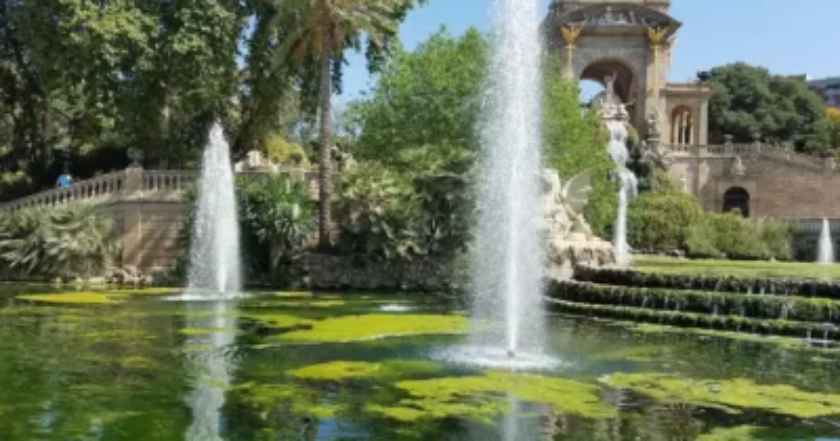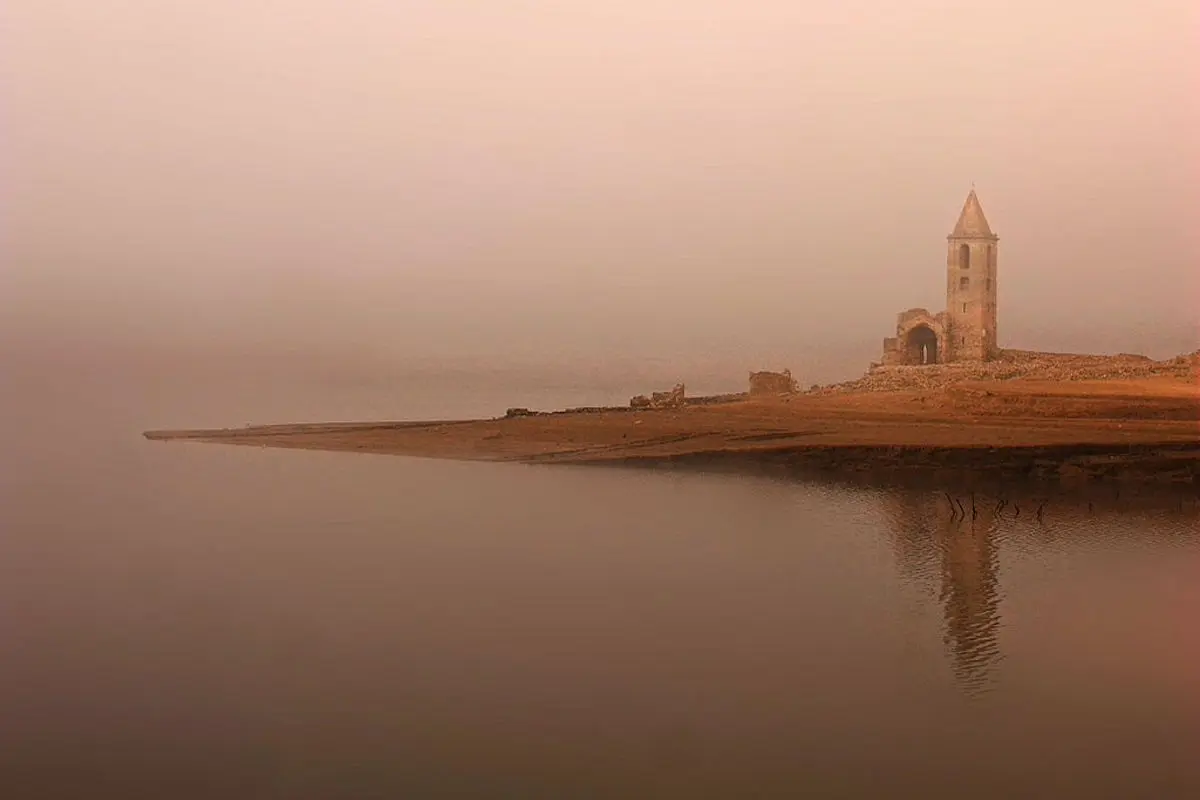Eco-solution: Barcelona to ban irrigating parks and gardens due to drought

Barcelona will save fresh water by banning daily watering of green areas and draining water from the region's largest reservoir for the first time in history.
Local media report this, Rubryka writes.
What is the problem?
After 29 months of drought in Catalonia, the reservoirs from which the Barcelona metropolis receives fresh water are only 28% full.
What is the solution?
InToave fresh water, the local authorities of Barcelona have banned irrigating its gardens and parks and, for the first time in history, decided to drain water from the largest reservoir in the region.
How does it work?
For the first time in history, the authorities decided to empty the Sau reservoir to direct the water further into reservoirs in the direction of Girona. Ironically, when this reservoir was created in the 1960s, the village near the San Roman church went underwater. Now only the bell tower emerges from under the water, serving as a water level gauge in the reservoir.
In Barcelona, daily automatic watering of both public and private gardens and parks has been banned. Individual trees should be watered manually. The authorities hope to save 50% of the drinking water used to water green areas. Irrigation of lawns, including lawns on stadiums for national sports competitions, is allowed only with collected rainwater.
Also, street cleaning with water will be mostly unaffected. Pools can only be filled with reused water from recirculation systems.
Water use for agricultural work will be limited by 40% and for the industry by 15%.
The daily rate of water use per inhabitant was reduced from 250 liters to 230. However, in practice, this should not affect the everyday life of Barcelona residents because the actual average level of consumption is 117 liters.
These measures are expected to last at least four months.



















































